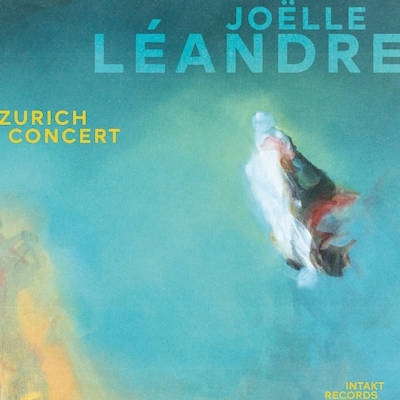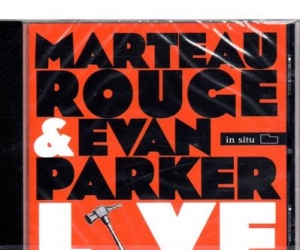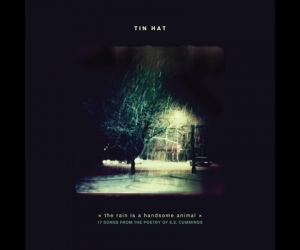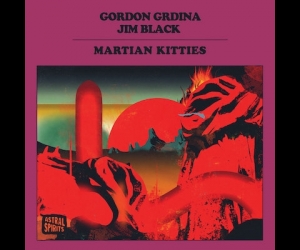
During her long career, Joëlle Léandre has been a constant explorer of the possibilities of her string bass and of exploratory musical languages, moving from creative collaborations with composers John Cage and Giacinto Scelsi to a devotion to free improvisation. This June, Léandre will receive a lifetime achievement award at New York’s Vision Festival. The appeal of this string bass soloist lies partly in her ability to conceal the essential character of the instrument: its thunderous and implacable lower register. Despite its sheer bulk, the instrument is chameleonic. Shifting attention to its middle and upper registers encourages plucking with guitar-like fluency or bowing with a cello’s keening clarity. The longest string will continuously divide, and the instrument’s highest harmonics approach those of a violin. Léandre can, evidently, do all that, but among the instrument’s great improvising soloists, she evinces a special fondness for the low register, and a decided preference for the bow. In this 2022 Zurich performance, Léandre begins with continuous bowing, emphasizing the grit of the lower strings. Her rapid cycling across the strings suggests a turbulent firmament or excavating machines tuned for the occasion. If her bass has another model in mind, it’s a rubab (the Middle Eastern bowed instrument with sympathetic drone strings), but it’s an unimagined contrabass version; Léandre’s gritty, cyclical bowing in itself ignites waves of harmonics.
As much a spell as a concert, this is trance music. Eventually Léandre adds her own voice—singing, chanting, and droning—to that dense storm of metallic bass vibrations, as well as drumming on the instrument, becoming an individual acoustic performer of such spiritual power that it’s as much collective tuning as solo bass performance.


